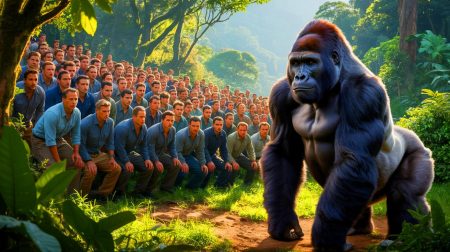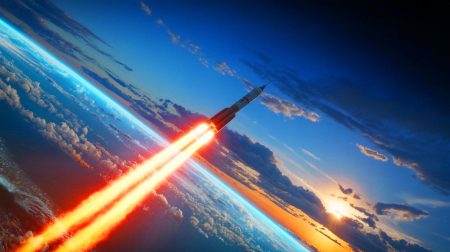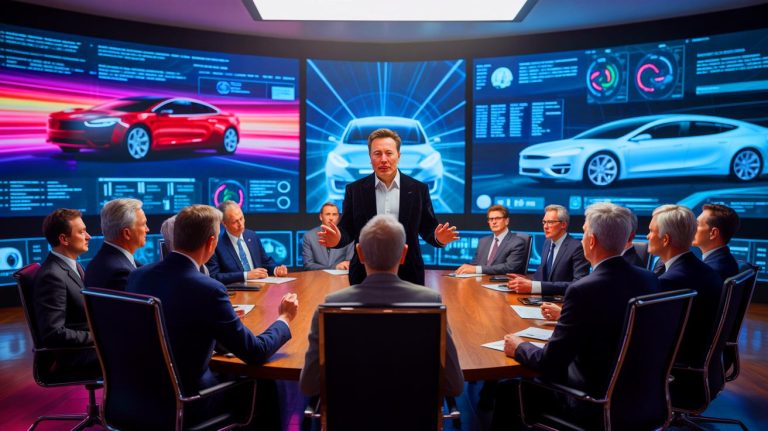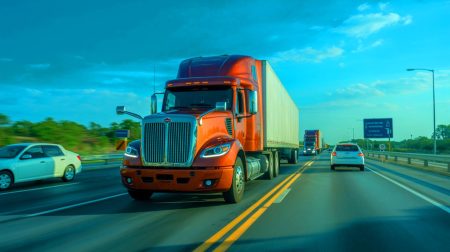| IN A NUTSHELL |
|
The recent decision by Elon Musk to initiate layoffs within the National Highway Traffic Safety Administration (NHTSA) has stirred considerable debate. This move, executed through his Department of Government Efficiency (DOGE), involved terminating experts crucial for the regulation of autonomous vehicle technologies. Paradoxically, these same individuals were integral to overseeing advancements in Tesla’s self-driving technology. As a result, the layoffs have raised eyebrows both within the industry and among Tesla’s leadership, sparking concerns about the future of autonomous vehicle regulation in the United States.
The Impact of Musk’s Efficiency Drive on NHTSA
In a bid to enhance governmental efficiency, the Department of Government Efficiency (DOGE), spearheaded by Elon Musk, has significantly reduced the workforce of the National Highway Traffic Safety Administration (NHTSA) by 4%. This agency plays a pivotal role in maintaining road safety across the United States and is particularly crucial for Tesla. The NHTSA not only regulates Tesla but also conducts thorough investigations into its vehicles, especially concerning the much-debated Full Self-Driving (FSD) system.
The relationship between Tesla and the NHTSA has been intense, with the agency mandating around 50 recalls on Tesla vehicles between 2021 and 2024. While some recalls addressed minor software tweaks, others pointed to more significant safety concerns. Ironically, by reducing NHTSA’s expertise in autonomous driving technologies, Musk might inadvertently hinder Tesla’s ambitious projects. Ex-employees have anonymously expressed concerns that these layoffs could weaken the agency’s ability to oversee and regulate emerging technologies central to Tesla’s future strategy.
Interestingly, internal critiques from Tesla’s leadership highlight the irony of this situation. Instead of welcoming a potentially lenient regulator, they worry that the lack of resources and expertise at NHTSA might delay the development of a national regulatory framework essential for deploying the FSD and future projects like Robotaxis and Cybercabs. As these revolutionary vehicles, lacking steering wheels and pedals, await specific NHTSA approvals, some Tesla leaders suggest that strengthening the agency’s resources would be more beneficial for speedier regulatory processes.
A Period of Turbulence and Distrust for Tesla
The controversy surrounding these layoffs is just one aspect of a broader period of significant turbulence for Tesla and its charismatic leader, Elon Musk. His increasingly prominent and sometimes divisive political involvement is perceived by many observers and investors as a potentially damaging distraction for the automotive giant. Warnings, including those reportedly from his own father about the negative fallout of his political stances, seem to be materializing.
Pressure is also mounting from shareholders. Influential figures like Dave Portnoy, founder of Barstool Sports, are publicly questioning Musk on social media platforms like X (formerly Twitter), wondering how low Tesla’s stock price must fall before the billionaire refocuses on the company. This unrest is set against an economically challenging backdrop for Tesla, which has experienced a significant drop in market valuation in recent months. This decline has directly impacted Musk’s personal fortune, with reports indicating he recently set the unfortunate record of losing $40 billion in a single week, largely due to Tesla’s stock plummeting.
Strategic Risks and Ambitions in Autonomous Mobility
Ultimately, the decision to reduce NHTSA’s workforce, particularly its autonomous driving experts, presents a bold and risky strategic gamble by Elon Musk. While the stated goal is administrative efficiency, the consequences could potentially be counterproductive for Tesla’s future ambitions in autonomous mobility. With ongoing regulatory investigations, the necessity for crucial approvals for its innovative projects, and an increasingly complex economic and media landscape, Tesla’s autonomous driving strategy appears to be navigating through particularly uncertain waters.
As Tesla aims for a future where self-driving cars become commonplace, the need for a robust regulatory framework becomes undeniable. However, with reduced expertise at the NHTSA, the path forward might be more challenging than anticipated. This situation begs the question: How will Tesla adapt its strategy to ensure the successful deployment of its autonomous vehicles amidst these regulatory and economic challenges?
Did you like it? 4.4/5 (21)










Wow, Musk really knows how to stir the pot! 🤔
Is this a smart move or just another gamble by Elon?
Why would Musk fire experts crucial for regulating his own tech?
This seems like a risky decision for Tesla’s future.